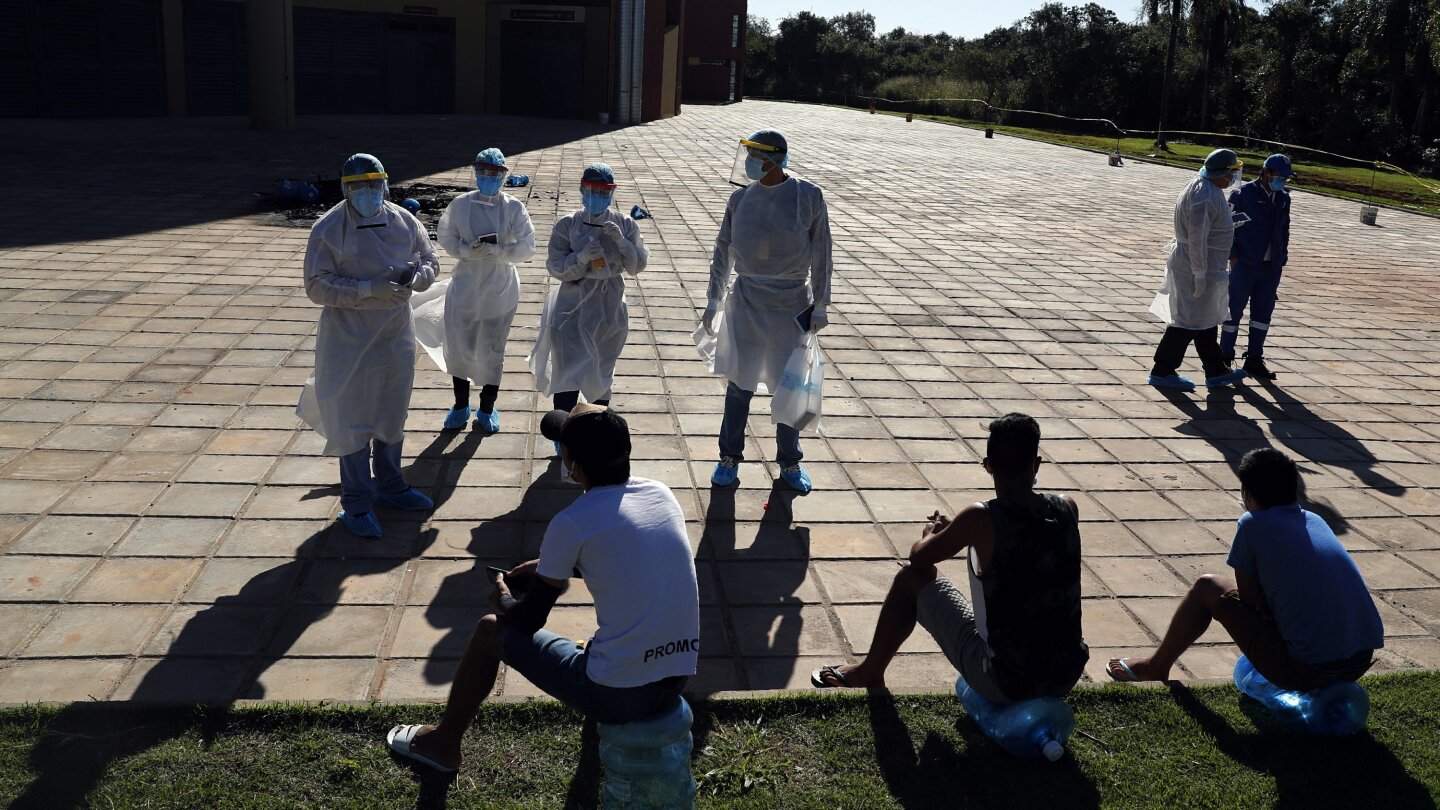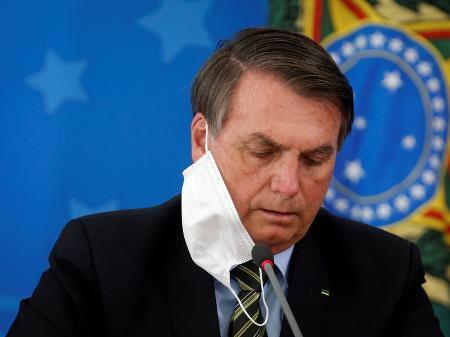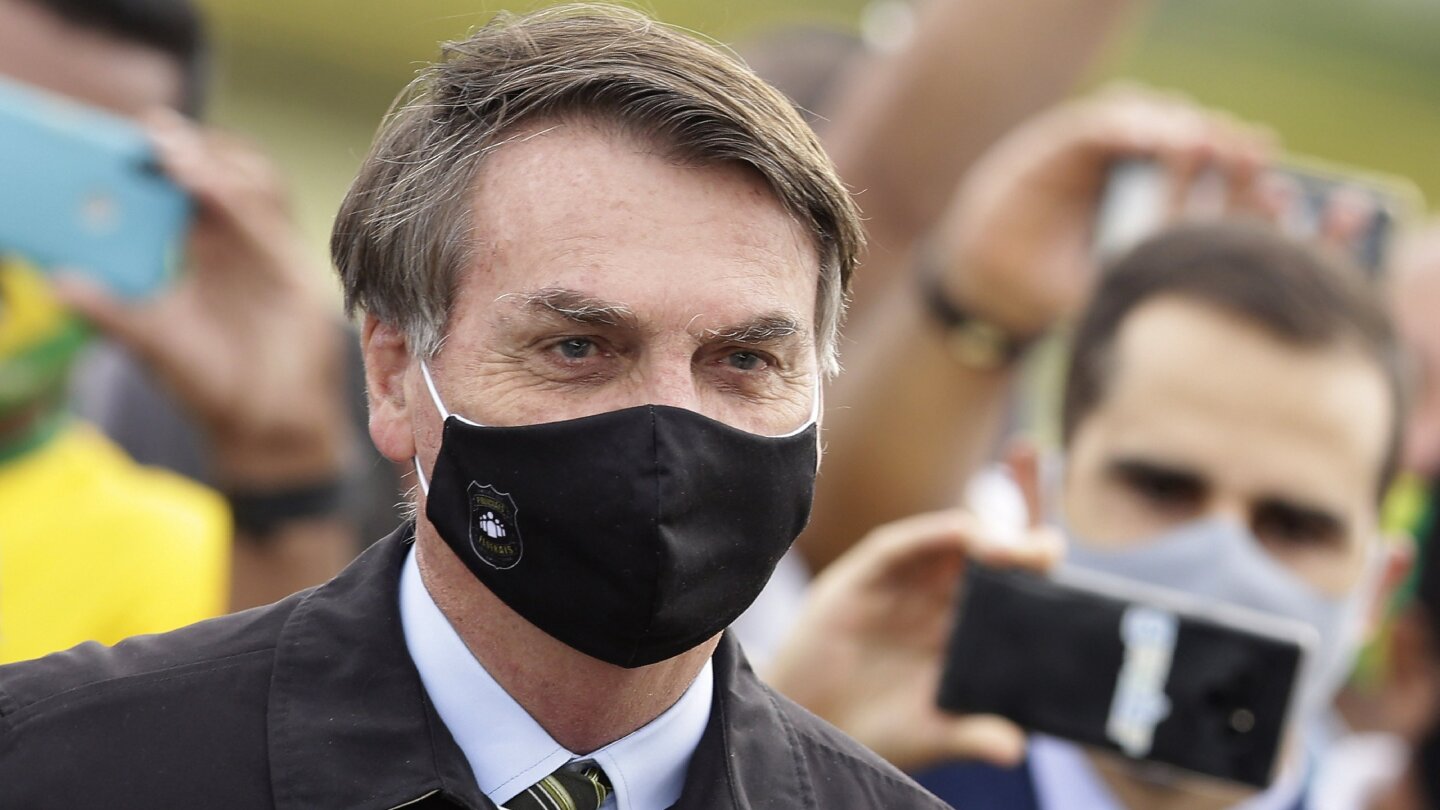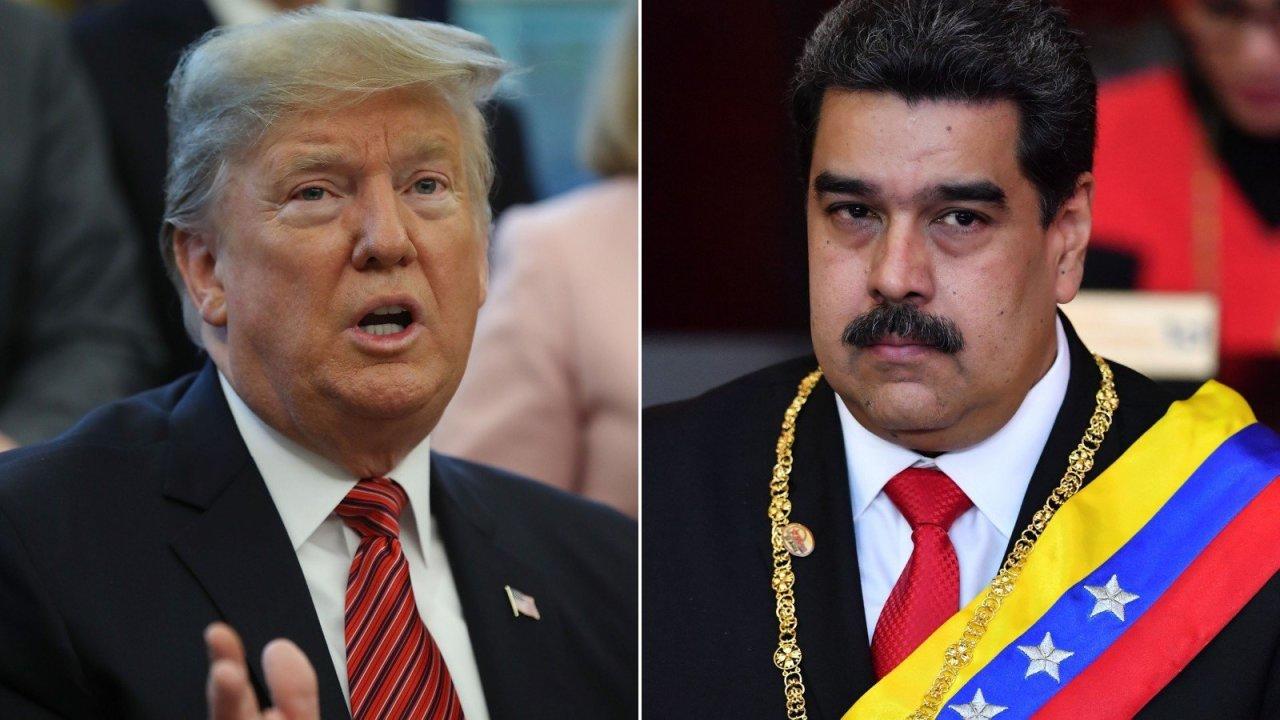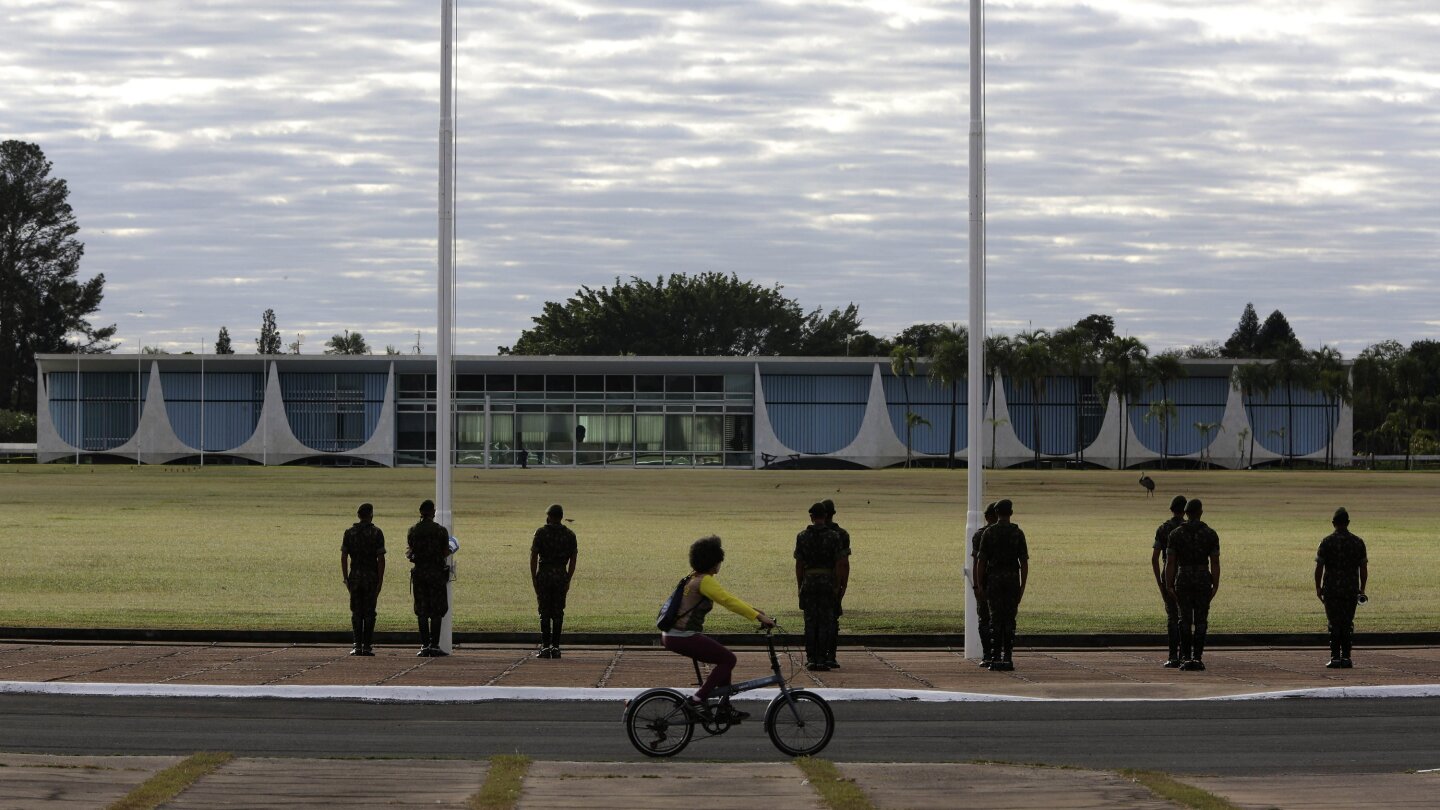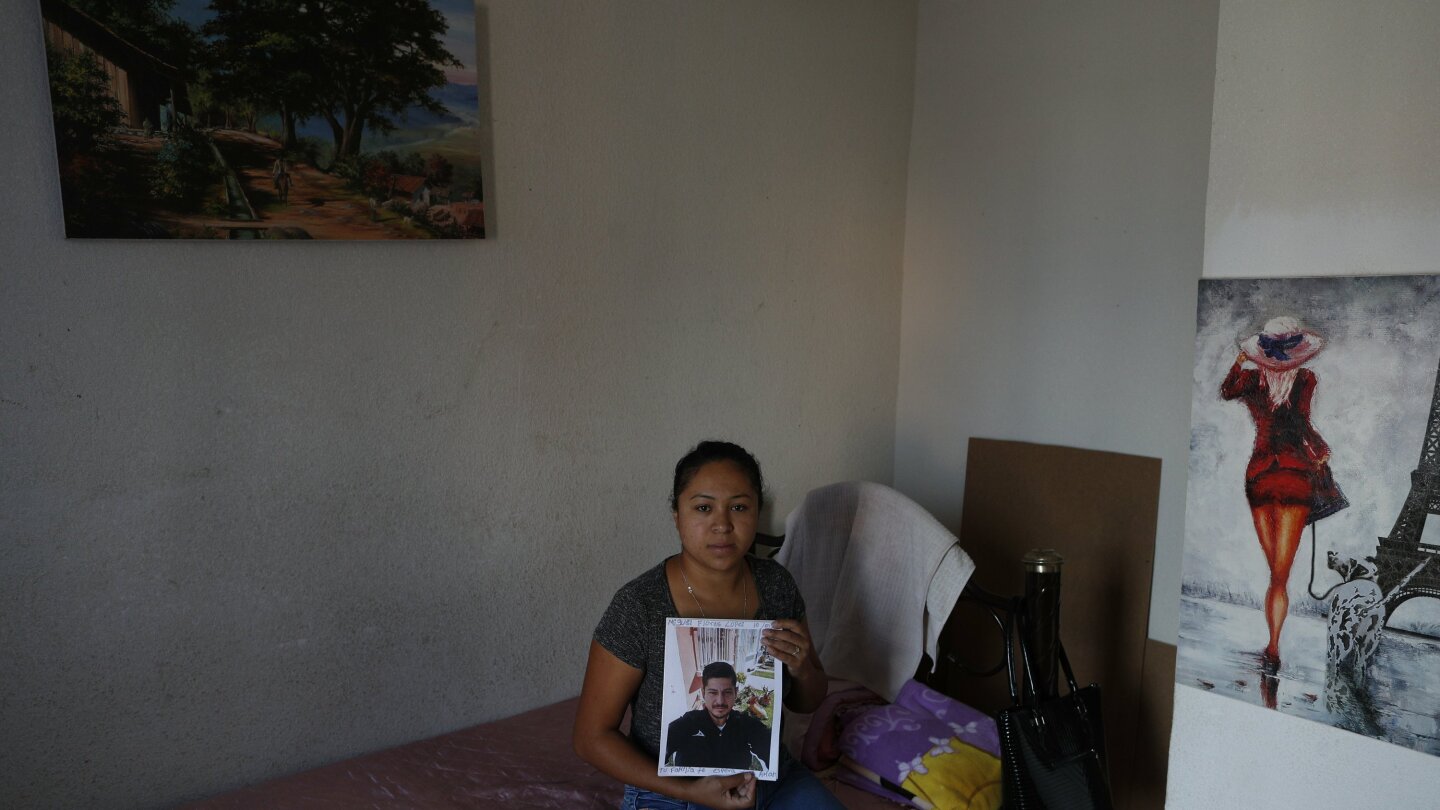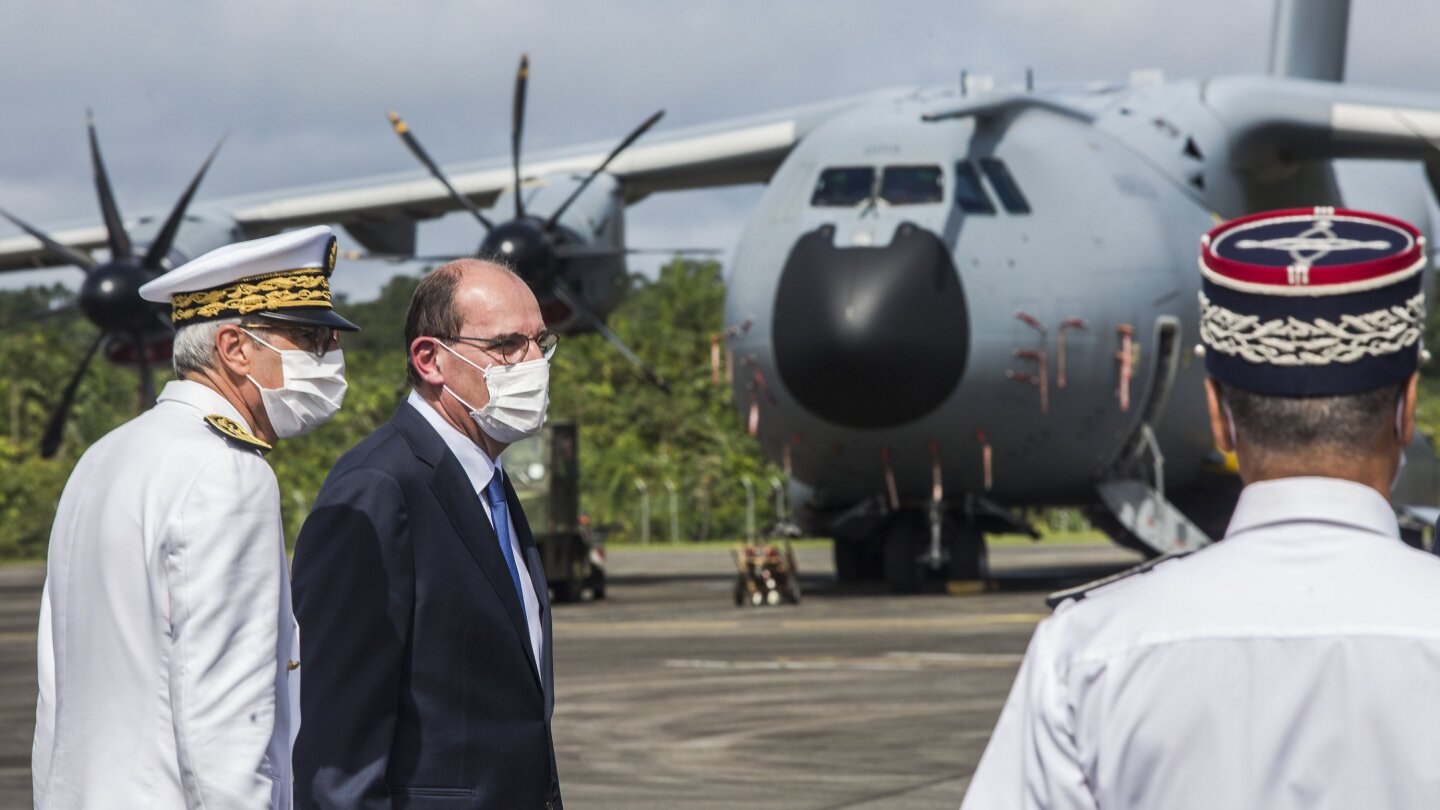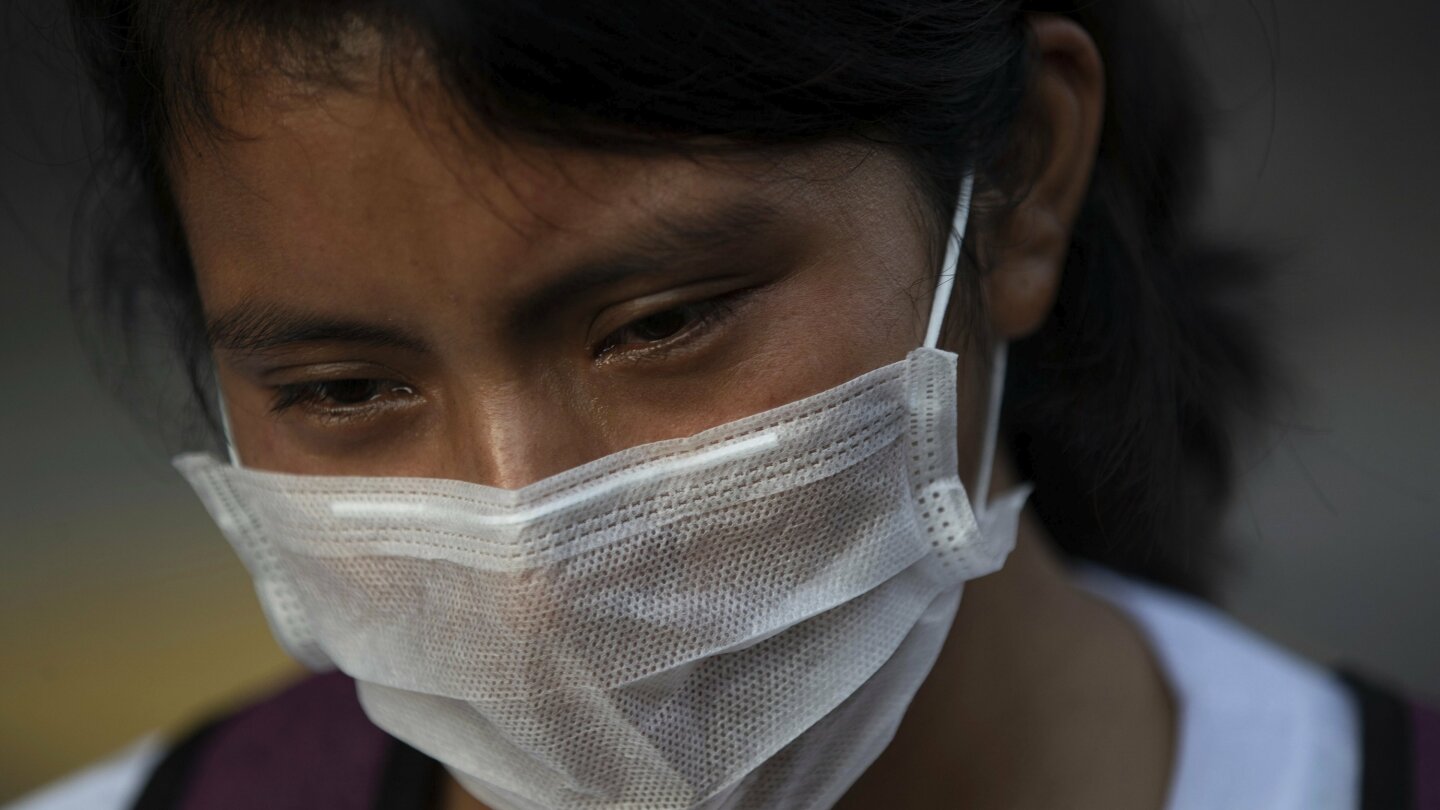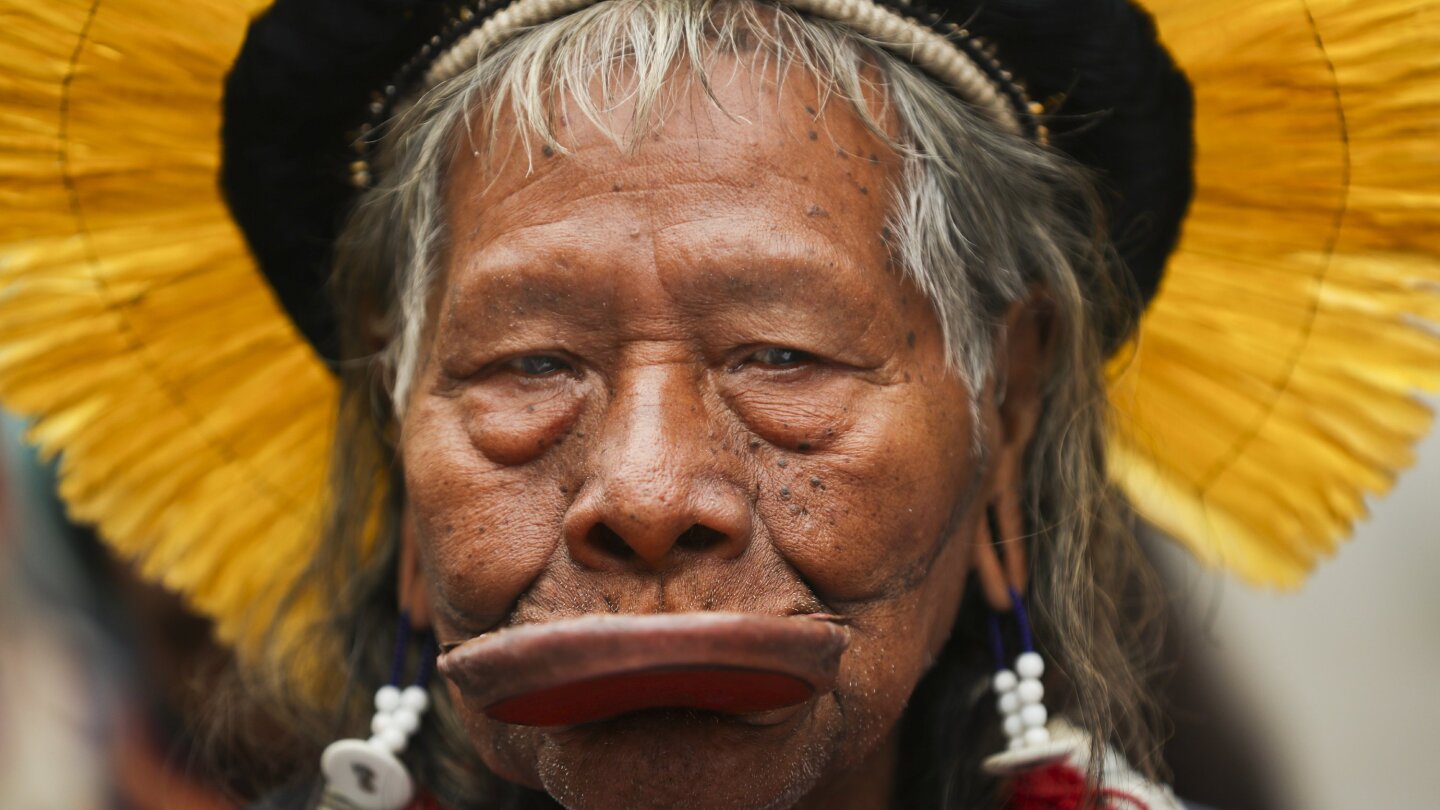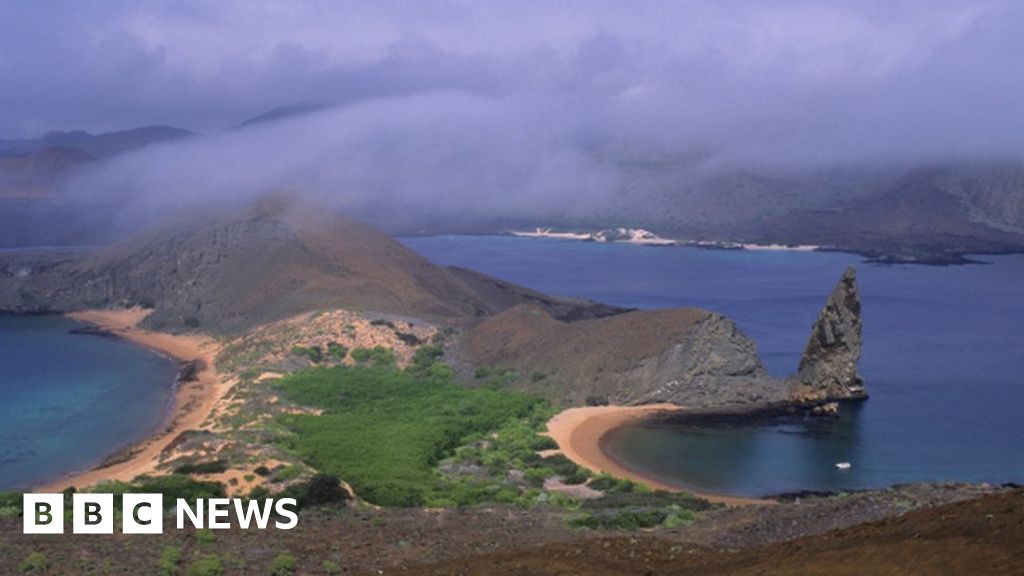Plain Jane
Just Plain Jane
June's thread:
 www.timebomb2000.com
www.timebomb2000.com
Main Coronavirus Thread beginning page 1264:
 www.timebomb2000.com
www.timebomb2000.com

 www.reuters.com
www.reuters.com
WORLD NEWS
JUNE 30, 2020 / 3:26 PM / UPDATED 4 HOURS AGO
Mexican prosecutors seek arrests of 46 officials in student disappearance probe
2 MIN READ
MEXICO CITY (Reuters) - Mexican prosecutors have requested 46 arrest orders for public officials over charges of forced disappearance and organized crime as part of a renewed probe into the disappearance of 43 student teachers, the attorney general said on Tuesday.
The warrants are for officials from Guerrero state, where the students from the Ayotzinapa Rural Teachers’ College disappeared in a 2014 case that became a crisis for the administration of then-President Enrique Pena Nieto and triggered international outrage.
Authorities under President Andres Manuel Lopez Obrador took a renewed push at solving the case, after independent experts picked holes in the official version. Beyond a single bone fragment, the students’ remains were never found.
Attorney General Alejandro Gertz said the new probe, which on Monday led to the arrest of a leader from a Guerrero gang accused of involvement in the disappearance, opened up new theories overriding what the past administration dubbed the “historical truth.”
“All of the proceedings undertaken during this new investigation period... have let us establish a chronology of what happened, as well as the participation of those who committed these crimes,” Gertz told reporters. “The historical truth is finished.”
Remains found during the current administration’s probe have been sent to Austria’s University of Innsbruck for analysis, and Gertz said he hoped to provide more information at the end of the week. He added he expected to soon press charges against public officials of various ranks.
An Interpol red notice issued in March for the arrest of Tomas Zeron, a former official who has been accused of manipulating the probe, is still active along with warrants for other former officials, he added.
Zeron, who has denied wrongdoing, had fled the country, Gertz said. He also accused former investigators of violations and missteps in handling of the case, including torture, arbitrary arrests and hiding evidence.
Reporting by Daina Beth Solomon and Diego Ore; Editing by Aurora Ellis
Our Standards:The Thomson Reuters Trust Principles.
MORE FROM REUTERS
INTL - Latin America and the Islands: Politics, Economics, Military- June 2020
May's thread: https://www.timebomb2000.com/xf/index.php?threads/latin-america-and-the-islands-politics-economics-and-military-may-2020.573301/ Main Coronavirus thread from page 1230: https://www.timebomb2000.com/xf/index.php?threads/main-coronavirus-thread.566780/page-1230#post-7790276...
Main Coronavirus Thread beginning page 1264:
CORONA - Main Coronavirus thread
My prayers are with you TP for safety and health. Thank you, Marsh.

Mexican prosecutors seek arrests of 46 officials in student disappearance probe
Mexican prosecutors have requested 46 arrest orders for public officials over charges of forced disappearance and organized crime as part of a renewed probe into the disappearance of 43 student teachers, the attorney general said on Tuesday.
WORLD NEWS
JUNE 30, 2020 / 3:26 PM / UPDATED 4 HOURS AGO
Mexican prosecutors seek arrests of 46 officials in student disappearance probe
2 MIN READ
MEXICO CITY (Reuters) - Mexican prosecutors have requested 46 arrest orders for public officials over charges of forced disappearance and organized crime as part of a renewed probe into the disappearance of 43 student teachers, the attorney general said on Tuesday.
The warrants are for officials from Guerrero state, where the students from the Ayotzinapa Rural Teachers’ College disappeared in a 2014 case that became a crisis for the administration of then-President Enrique Pena Nieto and triggered international outrage.
Authorities under President Andres Manuel Lopez Obrador took a renewed push at solving the case, after independent experts picked holes in the official version. Beyond a single bone fragment, the students’ remains were never found.
Attorney General Alejandro Gertz said the new probe, which on Monday led to the arrest of a leader from a Guerrero gang accused of involvement in the disappearance, opened up new theories overriding what the past administration dubbed the “historical truth.”
“All of the proceedings undertaken during this new investigation period... have let us establish a chronology of what happened, as well as the participation of those who committed these crimes,” Gertz told reporters. “The historical truth is finished.”
Remains found during the current administration’s probe have been sent to Austria’s University of Innsbruck for analysis, and Gertz said he hoped to provide more information at the end of the week. He added he expected to soon press charges against public officials of various ranks.
An Interpol red notice issued in March for the arrest of Tomas Zeron, a former official who has been accused of manipulating the probe, is still active along with warrants for other former officials, he added.
Zeron, who has denied wrongdoing, had fled the country, Gertz said. He also accused former investigators of violations and missteps in handling of the case, including torture, arbitrary arrests and hiding evidence.
Reporting by Daina Beth Solomon and Diego Ore; Editing by Aurora Ellis
Our Standards:The Thomson Reuters Trust Principles.
MORE FROM REUTERS



